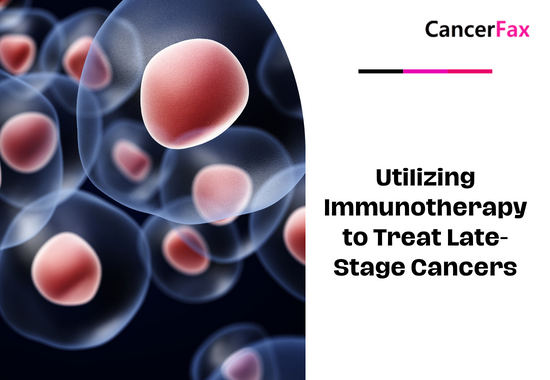Researchers at the University of California, San Francisco and St. Jude Children ’s Research Hospital in Tennessee have solved medical mysteries decades ago, and they have discovered a pair of genetic mutations that may cause familial blood diseases and even leukemia. This study is based on DNA analysis of 16 siblings in 5 families, pointing out that some children with inherited mutations will recover on their own, and also found some other genetic markers that help doctors avoid invasive and dangerous bone marrow transplants.
The problems surrounding this disease can be traced back more than 30 years ago, when the oncologist Kevin Shannon, MD, of the University of California, San Francisco, and colleagues met several families, many of whom may have low blood cell counts (abnormal myelodysplastic syndrome) Sign or MDS) and an acute myeloid leukemia (AML), a severe and fatal blood cancer. These patients have one instead of the usual two copies of chromosome 7, which is called single chromosome 7.
The data shows that mutations in the genes SAMD9 and SAMD9L located on chromosome 7 are closely related to single chromosome 7 syndrome, but many healthy siblings and patients’ parents also carry these mutations without any symptoms. Researchers have shown that patients who do have symptoms of MDS and AML also have a specific secondary gene mutation, which can drive a more serious disease, and patients without these additional mutations often never experience any symptoms and may develop blood. The count is low but most can recover on their own without treatment.
Genetic changes on chromosome 7 are very frequent in patients with AML and MDS, and malignant tumors of single chromosome 7 are associated with poor prognosis and do not respond well to existing therapies. With more than 860 genes on chromosome 7, it will be interesting to understand the role of SAMD9 and SAMD99L in non-familial MDS and AML and how they interact with other genes on chromosome 7.

